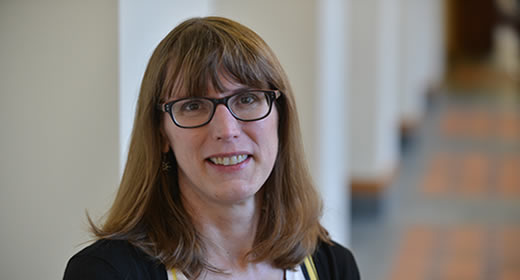
Kristin Seefeldt's (MPP '96, PhD '10) December 9 op-ed, published by Newsweek, describes "the real ‘left behind’ voters: black women.”
After the 2016 election, Seefeldt says, common wisdom among pundits was that Donald Trump won because of the disenfranchisement of white men across the Rust Belt. These men felt left behind in an economy where it is increasingly hard to enter and remain in the middle class.
Seefeldt saw these frustrations firsthand during the six years she spent researching people who shared “similar feelings of economic dislocation,” people who “felt abandoned by the American dream.” The only difference? The people she spoke to were not white men; they were black women. Seefeldt summarizes her research findings in a new book, Abandoned Families: Social Isolation in the 21st Century, set to release on December 25.
In Newsweek, Seefeldt delves into the stories of two women in particular, Geneva and Tamara, who Seefeldt met through her research. Both women were injured in the workplace and afterward faced a number of daunting obstacles, from navigating the social safety net to finding a job with a living wage. “[I]t’s not just America’s promises to ‘forgotten white male voters’ we must remember,” Seefeldt writes. “Black women like Geneva and Tamara also need solutions.”
Seefeldt lists a number of policies that could help “both less-educated white men and lower-income black women” enter the middle class: an increased minimum wage, financial industry regulation, and increasing resources for high-quality education that will lead to employment rather than debt.
Kristin Seefeldt is an assistant professor of social work at the University of Michigan’s School of Social Work and holds a courtesy appointment at the Gerald R. Ford School of Public Policy. She is the author of Working After Welfare (W.E. Upjohn Institute Press) which discusses employment advancement and work-family balance challenges as experienced by former welfare recipients.
